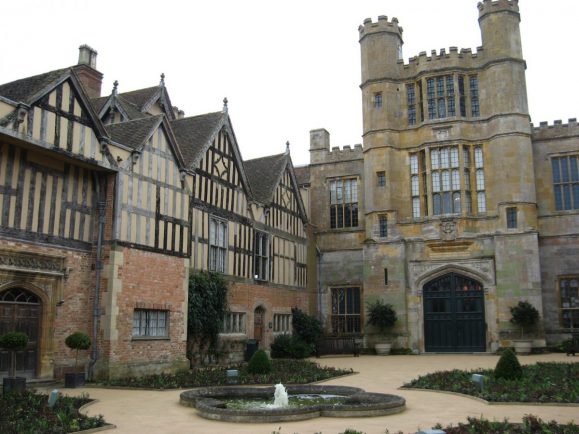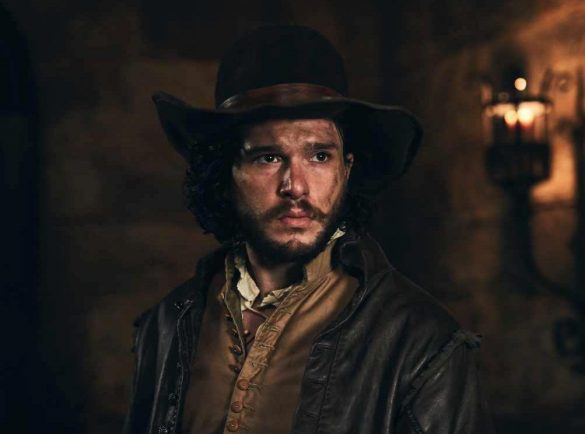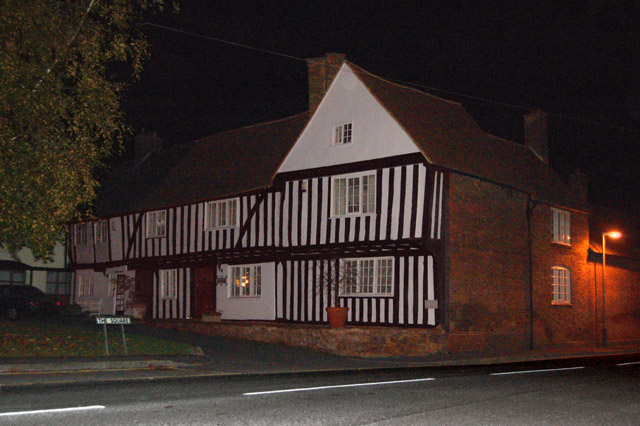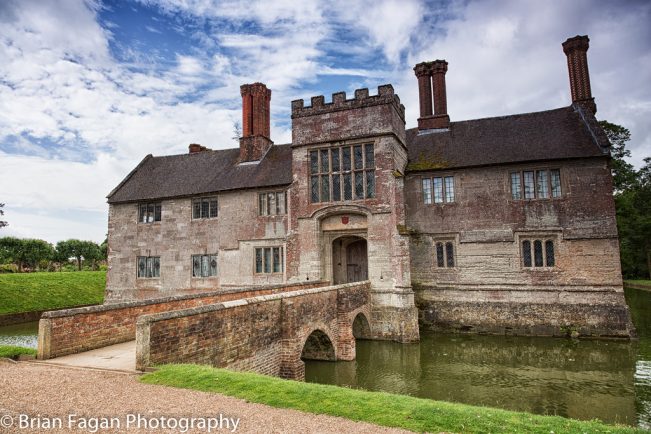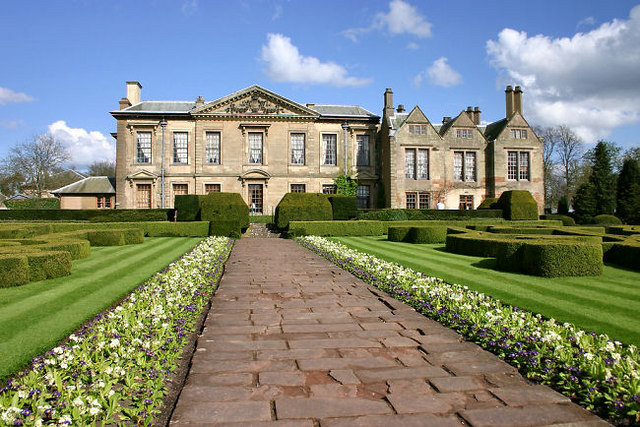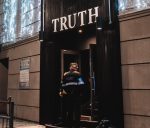THE NATION is again getting ready for its annual November 5 celebration of the failure of the Gunpowder Plot.
The BBC series Gunpowder may have shocked audiences with its graphic scenes of torture and execution, but it has also re-ignited interest in the 1605 conspiracy – a date in British history known to all schoolchildren, even if their understanding of what actually happened, and why, is more than a little sketchy.
Many who tuned in to the television series would probably not have been aware that the seeds of the plot were sown in Warwickshire, and that it is still possible to visit many of the places where the conspirators drew up their plans to blow up the Houses of Parliament and kill the King.
The Gunpowder Plot was basically an attempt to re-establish the Catholic religion in England.
During the reign of Elizabeth I, the Church of England had consolidated its break from Rome, but Catholicism retained many believers in England.
But when Elizabeth’s successor to the throne, James I arrived from Scotland in 1603, it quickly became apparent he had no plans to reverse the religious status quo, or permit greater tolerance of Catholicism.
Enter the conspirators, and the plot’s mastermind Robert Catesby, who was born in Lapworth, and later lived in the manor house in the village of Ashby St Ledgers on the Warwickshire/Northamptonshire border near Rugby.
History has it Catesby and his fellow plotters held one of their many meetings at the house.
Catesby, aware his vision of a Catholic Britain was as far away as ever, began hatching an audacious plot. It involved killing the King and his sons and kidnapping the King’s daughter Elizabeth – who at the time was living at Coombe Abbey near Coventry – so she could be indoctrinated in the ways of the Catholic faith, before its re-introduction as the country’s chief religion.
The plot involved several noted Catholic families from Warwickshire, including the Throckmortons, Treshams, and Wintours who stored arms, armour, ammunition and horses for use in the conspiracy.
Coughton Court near Alcester remains home to the Throckmortons. Four of the plotters were members of the Throckmorton family. Catesby and his fellow conspirator Francis Tresham were the sons of sisters Anne and Muriel Throckmorton.
John Grant, lord of the manor of Northbrook, which included Clopton House in Stratford, was brought on board and supplied weapons and arms to the cause, as well as being put in charge of the kidnap of Princess Elizabeth.
And of course there was Guy Fawkes – a Yorkshireman who made his name as a soldier fighting abroad for the Catholic cause.
The plot was developed during various meetings, including at Coombe Abbey, which was home to Sir John Harington.
He had deliberately fostered a close friendship with James I, and the King had even allowed his daughter to make her home at Coombe Abbey, now a hotel and popular wedding venue.
The plotters met across the region, including at the Bull Inn in Coventry, and the Old Lion at Dunchurch near Rugby, now a private home known as Guy Fawkes’ House.
They also leased a building near the Houses of Parliament, which belonged to Henry Ferrers of Baddesley Clinton near Knowle, and began digging a tunnel to Parliament.
Baddesley Clinton was rented at the time of the conspiracy by the Vaux sisters. It was often used as a Catholic safe house to conceal Jesuit priests, and contains no fewer than three priest holes.
Ferrers was unaware that the house was used to store the gunpowder intended to blow up Parliament. He was later investigated but cleared of any wrongdoing. A copy of the rental agreement is currently on display at the moated house, now in the care of the National Trust.
The plot of course failed.
According to historians, it was foiled when William Parker, Lord Monteagle, a Catholic, was sent an anonymous letter warning him not to attend the State Opening of Parliament.
Fawkes was discovered in a cellar underneath the House of Lords with 36 barrels of gunpowder. The plan was for him to light slow fuses before leaving by boat and fleeing to the continent.
News of the failure quickly spread to his co-conspirators who had waited at the Old Lion in Dunchurch, and to Coughton Court, where a number of influential Catholics were staying.
Fawkes and his fellow plotters were taken to the Tower of London where they were tortured before being tried for treason and found guilty. They were all sentenced to death and were hanged, drawn and quartered before parts of their bodies were displayed as a warning to the public.
Catesby, and a few remaining followers, escaped but he was soon tracked down and shot dead during his final stand at Holbeche House in Staffordshire. His head was exhibited outside Parliament.
To this day the Yeoman of the Guard search the Houses of Parliament before the State Opening, and to this day Guy burns annually on top of the bonfire as the country remembers, remembers the fifth of November.

